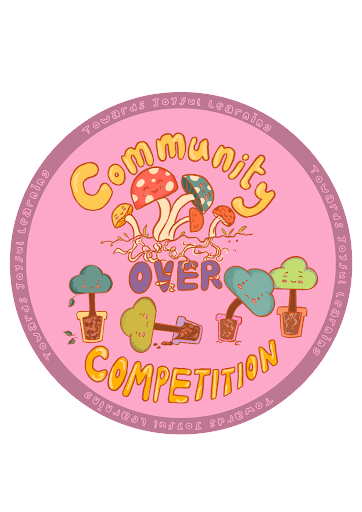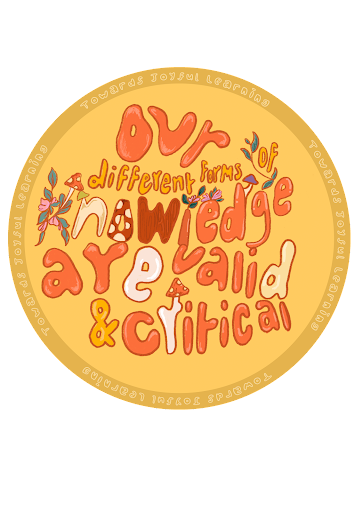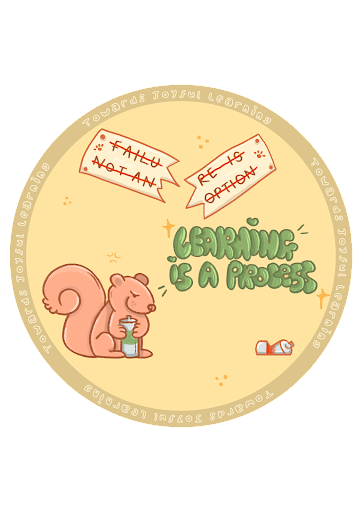By Dr Lauren White
Project Team: Dr Lauren White, Dr Will Mason, Dr Vicky Grant, Alison Romaine, Grace Cleary and Shona Tulloch
Our project team explored joy and enjoyment in students’ higher education experiences. In this blog, we explore the key findings from the project and make suggestions for educators to work towards a joyful pedagogy.
What is joy? Is it frivolous or juvenile to seek it, to crave it, to feel it? Do we give each other permission to find and feel joy? Is joy a personal, emotional, embodied and individual experience or is it an existential encounter, something much bigger than us? And crucially, why should we consider joy in higher education with these questions in mind?
Our project, supported by the Faculty of Social Science Education Fund, wanted to bring joy to the forefront of our thinking. Drawing upon the work of bell hooks, we know that as educators (and as lifelong learners too) that we must channel our efforts to ‘look, live, find and create spaces of joy’ (hooks, 2003: 169). That’s where we feel connected, where we feel part of something bigger and that our roles within that matter.
- Facilitate opportunities for engaged learning.
- Create opportunities for bonding to develop communities of learning.
- Recognise students as experts in their own right who bring valuable knowledge and experience into the classroom.
- Acknowledge that none of us know everything, and we all need support with something.
- Build care into programme design.
- Enable learners to be co-creators and for them to value each other through collaboration.
- Support learners in developing collaborative skills.
- Support exploration, mistakes, gaps and safe failure.
- Embed rest and slowness.
- Permit students to make choices about what and how they learn.


